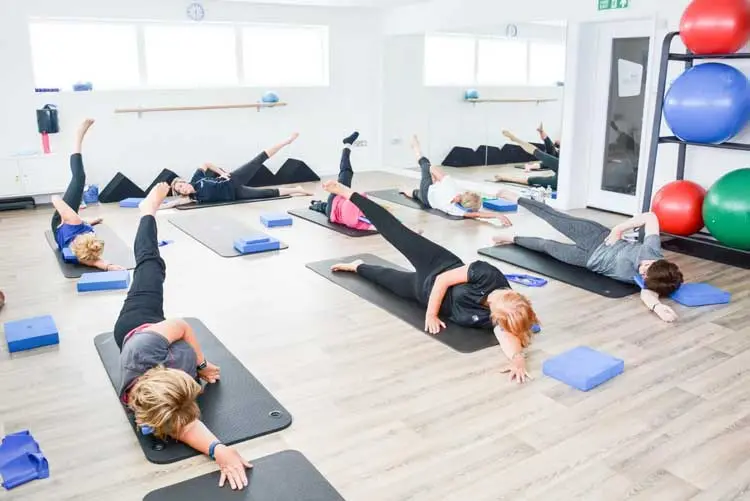Having an injury can be a frustrating time for a runner, particularly when you have an event looming. How do you maintain your fitness when you can’t run?
Here’s our top tips to keep your physical and mental health in tip top condition whilst you’re recovering.
- Can you still run at all without increasing your pain? For most people maintaining some level of running is going to be better for them than complete rest as it helps prevent deconditioning both of the muscles and of the cardiovascular system. This one will depend on your injury so its always best to seek professional advice from a physiotherapist. Try taking out hills and speed work, go back to short, gentle runs on flatter terrain – its going to be much better to keep up short frequent runs of 1-2 miles rather than nothing at all even if you’re used to doing 10miles+ as this will give you a starting point from which you can progress. The main exception to this is running on a suspected stress fracture – you will not be able to run through this pain and you WILL make it worse by continuing to run. As a guide consider your pain levels during the run, but also over the next 24 hours – if your pain eases quickly when you start running and doesn’t leave lingering pain or stiffness into the evening or next day you are generally fine to keep going at this level.
- Cross training such as cycling, swimming and deep water running are great ways to keep up your cardio fitness whilst not running at your usual intensity. Try to match this to your normal training schedule – for example if you would normally do 3 runs a week – perhaps a 1 hour slow run, a 30 minute tempo run and a 20 minute speed/interval session try to replicate both the time and the intensity of these sessions on a bike or in the water.
- Work on technique – video analysis can help to find the route cause of why you are injured and specific tailored running drills and strengthening exercises can help prevent this problem reoccurring in the future. This is also going to help improve your efficiency as a runner so when your injury is healed you’re likely to be better than ever! Think about investing in our exercise rehabilitation– where we will analyse your running and combine this with an in depth physical assessment to identify and target any potential troublesome areas that need some work or adjusting.
- Don’t neglect strength and conditioning – use the time off running to work on areas of weakness. For example if you always get achy calves at the end of a run try building strength with single leg heel raises. Or if you are getting knee pain you can often work the hip and core muscles really hard without irritating the knee. A physiotherapist will be able to assess which areas of weakness might have contributed to your injury and guide you through a specific individualised strength training programme that isn’t going to aggravate it.
- Beat stress! A lot of us use running as a tool to keep our mental health in check so not being able to run can lead to feeling of guilt, anxiety and depression. It’s important to find another outlet for stress – cycling, swimming, yoga and clinical pilates can be great alternatives. Remember not to be too hard on yourself, recovery is an important part of the training process. Take this time to restore your general wellbeing – eat healthily, drink plenty of water and make sure you are getting enough sleep – this is going to speed up your recovery.
Read More
How to maximise your training time



